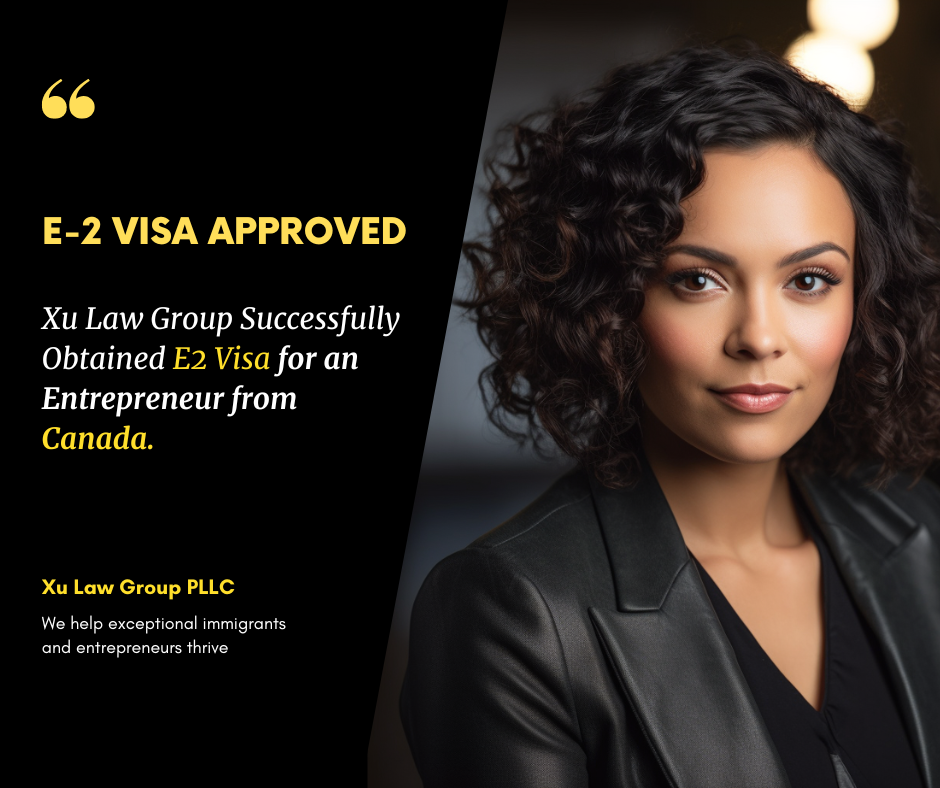
How difficult is an EB-1A visa?
If you have extraordinary abilities or exceptional research, you could actually meet the requirements for this visa. But here's the catch: the real challenge is checking off all the items on the USCIS's pretty long checklist to be considered.
Qualifying for an EB-1A Visa: Understanding the difficulty
Obtaining an EB-1A visa is a multi-faceted and potentially challenging endeavor, reserved for individuals with extraordinary abilities, exceptional research, or managerial expertise. The complexity of achieving an EB-1A visa depends on various factors. To be eligible for the EB-1A visa, you must demonstrate remarkable achievements in their respective fields, encompassing sciences, arts, education, business, athletics, or as multinational managers/executives.
How difficult is it to qualify for the EB-1A visa?
When applying for an EB-1A visa, you need to show that you are exceptionally talented or accomplished in your field. This could be in areas like arts, sciences, education, business, sports, or even movies and TV. To prove your excellence, you should provide proof like awards, recognition, published work, or other impressive achievements that highlight your exceptional abilities. The United States Citizenship and Immigration Services (USCIS) requires you to meet at least three of the following criteria when applying for an EB-1A visa:
Receipt of a lesser nationally or internationally recognized award;
Inclusion as a member in distinguished associations within the relevant field, where outstanding achievements are a prerequisite for membership
Presence of published materials featuring the applicant in recognized professional or significant industry publications, along with substantial media validation
Engagement in judging the work of peers, whether on an individual basis or as a valued participant of a committee or panel
Creation of original, substantial contributions of scientific, scholarly, artistic, or business nature that hold significant importance within the field
Authorship of scholarly articles published in respected professional or noteworthy industry publications
Display of work at art exhibitions or prominent showcases
Performance in pivotal or influential capacities within esteemed organizations (Expert opinion letters are encouraged to reinforce evidence related to distinguished organizations)
Commanding of a higher salary in comparison to peers within the field
Attainment of commercial success in the realm of performing arts
You should try to fulfill at least three of the requirements for your application to be considered.
Additional Hurdles and Considerations
Acquiring an EB-1A visa encompasses more than just proving eligibility. Other challenges and considerations include securing employer sponsorship, aligning with USCIS prerequisites, and collaborating with reputable immigration attorneys. While obtaining an EB-1A visa is attainable with meticulous planning, you have to recognize that there is a surplus of exceptionally qualified individuals that can make the process more difficult.
How can Xu Law Group help?
To ensure a smooth process, it's vital to compile all essential documents and maintain open communication with your immigration attorney. Generally, applicants collaborate with their sponsoring employer or agent to initiate the EB1-A visa application. Attorneys aid in securing recommendation letters from notable figures in the field.
Contact Xu Law Group today for your EB1-A visa. Our team will provide legal assistance and guidance throughout the entire process. We know that this isn’t an easy journey and can be emotionally taxing, but we’re here to help you to achieve success. We believe in building a strong foundation with our clients to ensure that you will get your EB1-A visa, and it all starts with trust.
About the Author:





